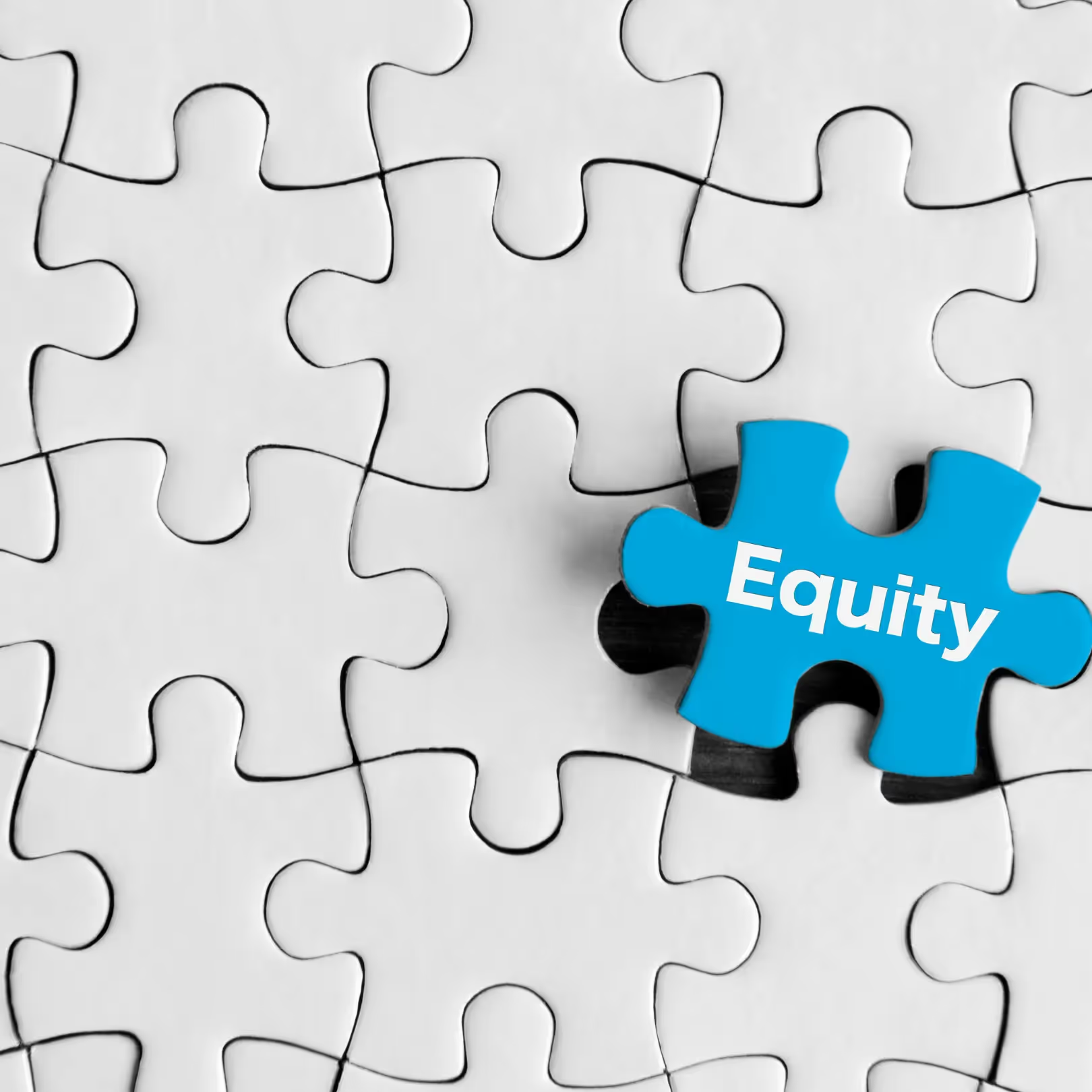How To Take The First Steps To Change Your Life
May 13, 2020

If you’re ready to heed an inner calling to make changes in your life, but you’re not sure how to start, these five steps will get you going.
There comes a time for many of us when we accept that we need to make a change in our lives. That we need to include something else or remove something from our lives. That we need to change jobs or careers, leave a relationship or build a community, sail across the Pacific, or learn to tango or bake or paint.
If this is you, now, keep reading.
I was in my mid-30s when I accepted that I wanted to be a writer. My coach teased this out of me, even though it was peripheral to what we usually talked about. She sensed there was something (in addition to my work in education) that I ached to pursue. Writing had called me for over a decade, but I’d refused to listen. Once I’d confessed to my coach, there was no turning back. Fifteen years and five books later, I remember this moment vividly as a big step on my journey to a more fulfilling, meaningful life.
A distraught administrator recently told me, “Being away from school, because of the coronavirus, has made me aware of how toxic that place is. I can’t return.” In spite of the uncertainty of these times, she’s looking for another job.
An old friend shared that this crisis has made him realize that although he enjoys his job, he dreams of pursuing his passion for outdoor education. “I’m going to start volunteering on the weekends and doing some side projects, and maybe in a few years I can do that full time.”
What do you want? What calls or whispers to you?
If you’re not sure what you want, or how to take the first steps towards figuring that out, that’s ok. The following steps will set you on a journey to make change in your life.
STEP 1: DREAM
Visualize yourself at some vague point in the future sitting with your eyes closed. The specifics about where you are, what you’re doing, and who you’re with are obscured, but you are able to tap into how you feel in this future moment. And you feel content. Good. Satisfied. Now, what else do you feel? Maybe you feel appreciated at work and you sense you’re in a place where others recognize your strengths. Perhaps you feel that in your work you regularly act with integrity and in alignment to your core values. Maybe you sense community and know that you’re working, or living, with others who value vulnerable, authentic connection with each other. Visualize the feelings that call to you; visualize how you want to feel.
STEP 2: GATHER CLUES
Collage the callings and joys of your life. Review your life, starting as far back as possible, and identify the moments of meaning and satisfaction. See these moments as scraps—words, images, textures, colors, fragments—and write each one down on a piece of paper. A word or phrase is fine. As you identify these fragments, refrain from judging them or yourself, or trying to make sense of them. Don’t try to think about what you might do with the scraps. Let them flow out. Capture each fragment. These are clues to the changes your future self wants you to make. You can keep them in an envelope, or paste them on a big piece of paper, or put them in a box.
STEP 3: LISTEN TO YOUR EMOTIONS
If you’ve done your collage thoroughly, you’ll likely experience feelings including happiness, sadness, regret, and disappointment. Some of these emotions can feel unpleasant, but they offer wisdom and insight if you can stay open to them. Allow all the waves of emotions to come and go. Ask yourself: What do these emotions want to tell me about changes I could make in my life? What do these emotions want to tell me about what I need to feel satisfied and joyful? Write down the insights you get from these inquiries. Note: you must write these down.
STEP 4: SHARE YOUR INSIGHTS
Tell someone what you’re learning about yourself—a coach, close friend, or trusted relative. You don’t need to declare that you’re quitting your job and competing on the Great British Baking Show—you need to honestly share some of your new insights. This could sound like any of the following:
- “I’m realizing I want to work in a place where I feel a greater sense of belonging.”
- “I’m accepting that I’ve been afraid to pursue leadership positions because I’m afraid of rejection—not because I fear I’m not qualified.”
- “I know I love my job, but I need regular creative outlets as well.”
- “I’ve spent 20 years in my field, and I’m ready to make a big change. I don’t know what that will mean exactly, but I can feel it in my bones—I’m ready.”
By verbalizing your insights, you’re taking a huge leap towards making change because when we speak our desires, we are more likely to hold ourselves accountable to taking action.
STEP 5: TAKE A SMALL STEP
The first step can feel hard, and it can also feel easy. For example, if you remembered being fascinated by astronomy as a kid, you might listen to a podcast about astronomy. If you’ve been curious about being a published author, you might look for an online course about writing. If you know you love to bake, gather the supplies and bake something. If you are curious about another career or position, reach out to someone who might be in that role and ask them a few questions. Think of this step as a slow warm-up of tight muscles. Ease into it. Let this step feel enjoyable. Be drawn by what feels good. Change is made one small step at a time.
YOUR ONE WILD AND PRECIOUS LIFE
I’ve been coaching educators for over 15 years. Although I’m invited into an office or classroom to coach leadership, instruction, equity and so on, inevitably, at some point, we talk about other things—because the coaching I do is holistic. My clients have been teachers, coaches, and educational leaders, and they’ve also been spouses, sisters, parents, (or people who want to be parents) chefs, musicians, and so on. I’ve coached people around making decisions to have babies, to pack up and move to rural Montana, to leave relationships or start relationships, to build a side gig as a caterer or musician, and much more. I love doing this kind of coaching—what might be considered life coaching, because it allows people to bring their whole, complicated, beautiful selves. We are better teachers, coaches, and educational leaders when we honor and nourish our whole selves.
Coaches are experts in guiding behavior change. If you’re ready to make changes in your life, there is a path for making change that works. I’m now offering group coaching services because it’s so rewarding to see people make big (and little) life changes. I’m more convinced than ever that individual sustained change is made alongside others making big (and little) changes. In community we inspire each other and cheer each other on and witness each other’s growth and transformation. If you’d like more information on the group coaching I’m launching in June, read here. And if you’re called by a desire to write, then you might also be interested in this new program (we’re still working out the details, so click here to tell us you’re interested).
I’m guided by Mary Oliver’s injunction: “Tell me, what is it you plan to do with your one wild and precious life?” I plan to squeeze every drop of joy and fulfillment out of it. Whether you join this program or not, I hope that you might take steps today towards creating a life that is as completely fulfilling and beautiful and rewarding as you can possibly imagine—and then some.
Keep Learning
- Have content just like this sent straight to your inbox. Subscribe to our Weekly Wisdom Newsletter
- How often do you ask for what you want? Learn how. (2 min.)
- How do you want to feel? Listen and learn to feel better.
- Invest in your year of Transformational growth. Become a Bright Morning member

.avif)
.avif)











